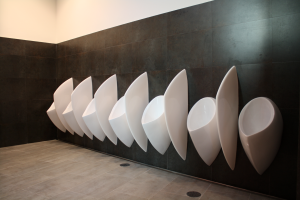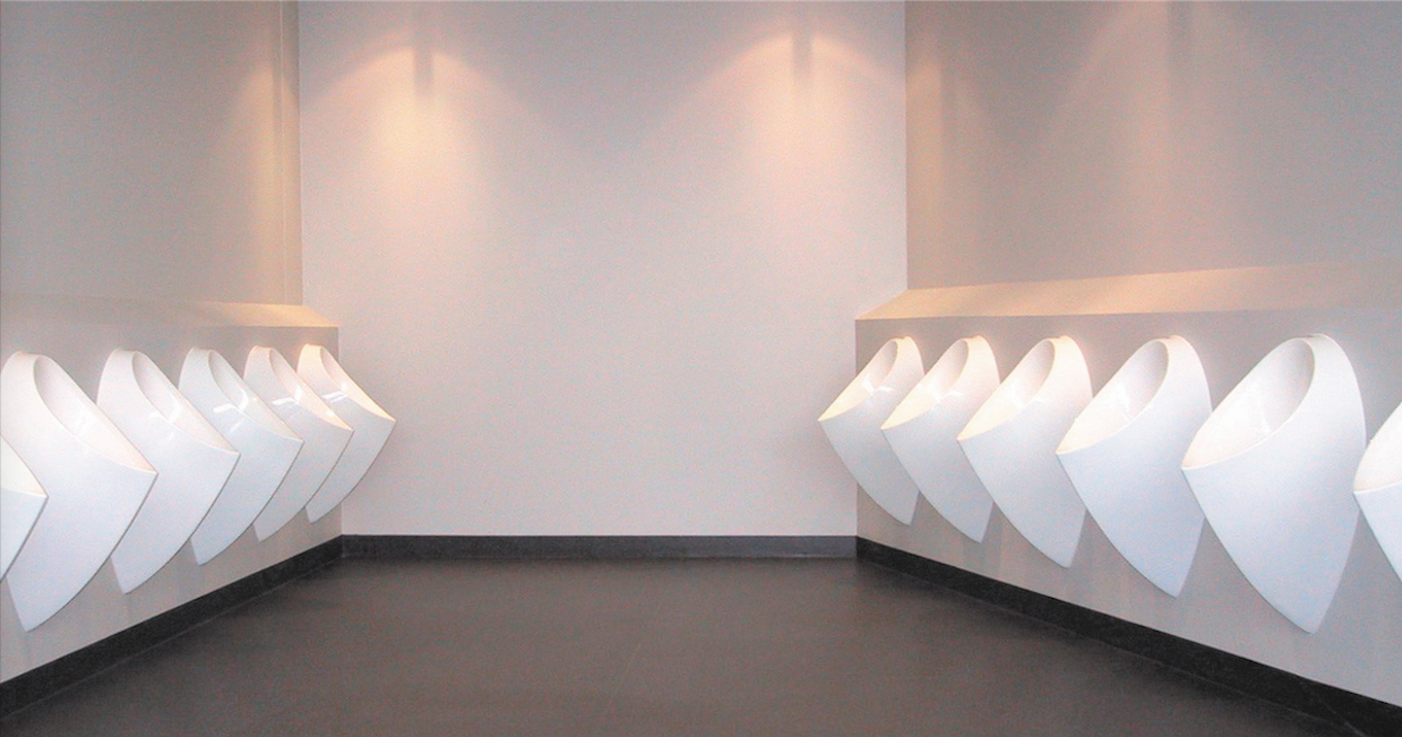BEVERLY HILLS—The city of Beverly Hills has offered businesses a $500 rebate for every waterless urinal that they install.
Since California has entered its fourth year of the drought, the state has implemented its first ever statewide water restrictions, which demand that cities scale back their water usage 25 percent. Since Beverly Hills has used a significant percentage of more water than other surrounding towns in the past for the maintenance of the yards surrounding luxury homes, their restriction has been set at 32 percent.
Commissioner Catherine J.K. Sandoval said last May in a CA.gov press release that residents should, “treat the drought like an 8.0 earthquake in your community. Take dramatic steps to conserve water or face enforcement to ensure conservation mandates are met.”
Before the mandate went into effect, the city was offering Beverly Hills businesses a $200 rebate per urinal.

The Founder of Waterless Co., Klaus Reichardt, says in his blog that, “conventional flush-type urinals use one to five gallons of water per flush, depending on their age. Because no-flush urinals use no water, one to five gallons of water is saved with each use.”
According to the website, another benefit of the no-flush system is that it is low maintenance since it doesn’t require valve-repair and drains never clog. Waterless urinals also improve hygiene since urine is primarily a sanitary liquid, unless the person using it is carrying an urinary tract infection.
Los Angeles-based and family-owned C&L Supply Co. is a distributor for Waterless Co. The company president, Carmela Bass, spoke with Canyon News and indicated that once a facility puts in a request for a waterless urinal and the request is approved, the company can easily call somebody over to install the urinal. The $500 rebate doesn’t cover the entire cost to retrofit the facility to waterless urinals. The installation itself varies, but costs are primarily around $300 and depending on the unit, the urinal could cost anywhere from $300-$500.
Bass also informed Canyon News that, “we are accustomed to thinking that we need water for plumbing, but we actually don’t need liquid water to transport liquid (urine) and we must conserve where it is not needed.”






